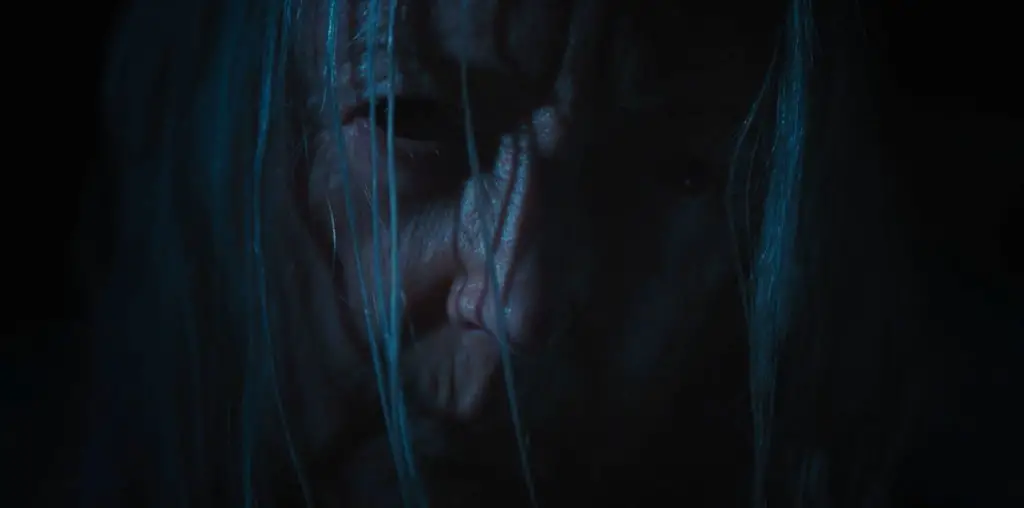
It’s easy to look back on an epic struggle like World War II and see the history painted in broad brush strokes. The text books are good at depicting the clashes between great armies or the monumental decisions undertaken by generals and politicians. What often slip through the cracks are the little stories; those micro-dramas that are just as gripping even if they only directly affect a small handful of people.
“Lucie Aubrac,” Claude Berri’s gripping true drama about the legendary French husband and wife resistance fighters in Nazi-occupied France is one such tale. Raymond (Daniel Auteil) and the majority of his cell of freedom fighters are taken prisoner by the Gestapo who sentence Raymond to death. His fiercely devoted wife Lucie (Carole Bouquet), herself a member of the underground, resolves to extract her husband. Using a heady mixture of cunning street smarts, subtly displayed female wiles, and gritty determination, Lucie outmaneuvers Raymond’s German captors and shrewdly sets the tables for the climactic rescue attempt; the outcome of which will remain a secret here.
Berri weaves a surprisingly supple and elegant film from such a simple storyline. Much of that is due to the texture and apparent authenticity of his vision of occupied France. Though the resistance fighters all have a shifty edginess about them — not surprising given the nature of their business — the citizens’ day to day existence seems deceptively normal and mundane…until you notice the incongruous German storm troopers riding the subway or spot the swastika flying from the downtown office buildings. Moments like these provide an omnipresent undercurrent of paranoia and suspicion that must have been evident in that place and time. “Trust no one” may be the slogan of “The X-Files” but it certainly would apply to German-occupied France in 1943.
Meanwhile, Berri portrays his German occupiers in a remarkably evenhanded manner. Other than the one sadistic Aryan caricature who gets off on groping under his fraulein secretary’s skirt after beating the crap out of Raymond, the rest of the Germans are almost painfully normal and even kind…until their leather uniform trappings creak or their jackboots echo on the floor, reminding you instantly who’s the master and who’s the supplicant. Absolutely chilling.
Based on Aubrac’s novel “Outwitting the Gestapo,” this is a powerful film. It’s a little long — an early lengthy sequence where the Gestapo arrests Raymond for black marketing seems unnecessarily redundant — and the climax, after all the build up, is a little rushed and matter-of-fact. That said, “Lucie Aubrac” is a well-executed look at a rarely examined slice of World War II; one of those little dramas that would otherwise have slipped through the cracks.
